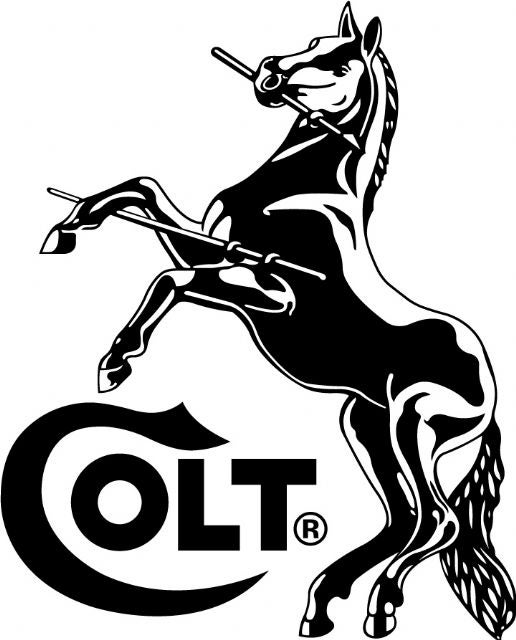Sciens Capital Management, the hedge fund managers that own Colt Defense, LLC, have failed to meet the January 8 deadline for funding the famous gunmaker’s exit from bakruptcy. The Wall Street Journal reports:
Gun maker Colt Defense LLC is poised to exit bankruptcy after tweaking its chapter 11 exit plan to account for a reduced equity commitment from private-equity owner Sciens Capital Management.
Sciens missed a December deadline to fund $15 million of the cost of bailing its longtime portfolio company out of bankruptcy. Friday, Sciens came up with $5 million, and other creditors agreed to give the private-equity firm until early February to find the rest of the money.
Meanwhile, however, Colt wanted $50 million to implement its restructuring plan, money to pay lawyers and advisers and to get the troubled firearms manufacturer on its feet financially. Bondholders came through with an additional $10 million to make sure the company emerges on time.
At a hearing Monday in the U.S. Bankruptcy Court in Wilmington, Del., Judge Laurie Selber Silverstein approved changes to the chapter 11 plan she confirmed last month. Approval came after the judge hesitated over endorsing provisions of the plan that shield Sciens from litigation over how it has handled Colt.
Creditors had criticized the private-equity firm for draining cash out of the company, leaving it without research and development funding to stay competitive. Sciens denied the allegations.
Immunity from lawsuits is an important attraction for lenders and others that pitch in to a turnaround effort, earned by putting in cash or some other form of value. Sciens is seeking to hold on to the lawsuit shield that was justified by a $15 million funding pledge even though it has so far only come up with one-third of the amount.
Sciens contributed $5 million to the reorganization, but its lawyers stand to collect $2.6 million in fees, the judge noted at Monday’s hearing. Additionally, Sciens’s December failure to fund forced Colt to pay additional money to extend the maturity of its bankruptcy loan, the judge pointed out.
“I’ve got $3.1 (million) going out the door and $5 (million) coming in,” the judge calculated, questioning whether the gain for Colt justified letting Sciens off the hook for threatened lawsuits.
Ultimately, she bowed to the arguments of Colt creditors, who said they backed the tweaked plan for “pragmatic reasons.” Steven Levine, lawyer for the consortium of bondholders that are funding Colt’s bankruptcy emergence, said the group decided “they could either have a viable company without litigation or have litigation without a viable company.”
Bondholders decided to preserve Colt and grant the releases to Sciens despite its delay in providing funding for the bankruptcy exit, Mr. Levine said. Judge Silverstein cited the need to preserve Colt and the jobs of its workers in approving the changed chapter 11 plan.
Approval came after Sciens’s lawyers reduced the fees they are charging to Colt’s bankruptcy, and Sciens agreed to beef up financing support for Colt’s West Hartford, Conn., manufacturing facility. The private-equity firm still has almost a month to contribute the full amount of its commitment.
Despite being the force that – in the eyes of some who’ve been watching closely – has been responsible for the bulk of Colt’s recent troubles, and despite failing to provide the funding Colt needs to exit bankruptcy as agreed via the exit strategy, Sciens Capital Management still has its reins on a complicit Colt Defense, with the company’s executives arguing to allow Sciens not only more time to fund the company, but immunity from any potential lawsuits in the process.
Sciens has until the end of January to come up with another $10 million dollars to fund Colt’s exit.
We have been covering Colt’s financial struggle since November of last year, beginning with initial signs of Colt’s default, and continuing with the withdrawal of Blackstone Funds’ equity, the Cortland Capital loan, debt restructuring, the news that Colt had mortgaged some of its patents, Colt filing Chapter 11,the possibility of a Native American tribe coming to Colt’s rescue, and Colt’s new joint contract with FN, over which Remington subsequently sued them both, and the Army.
Thanks to Daniel for the tip.
 Your Privacy Choices
Your Privacy Choices
